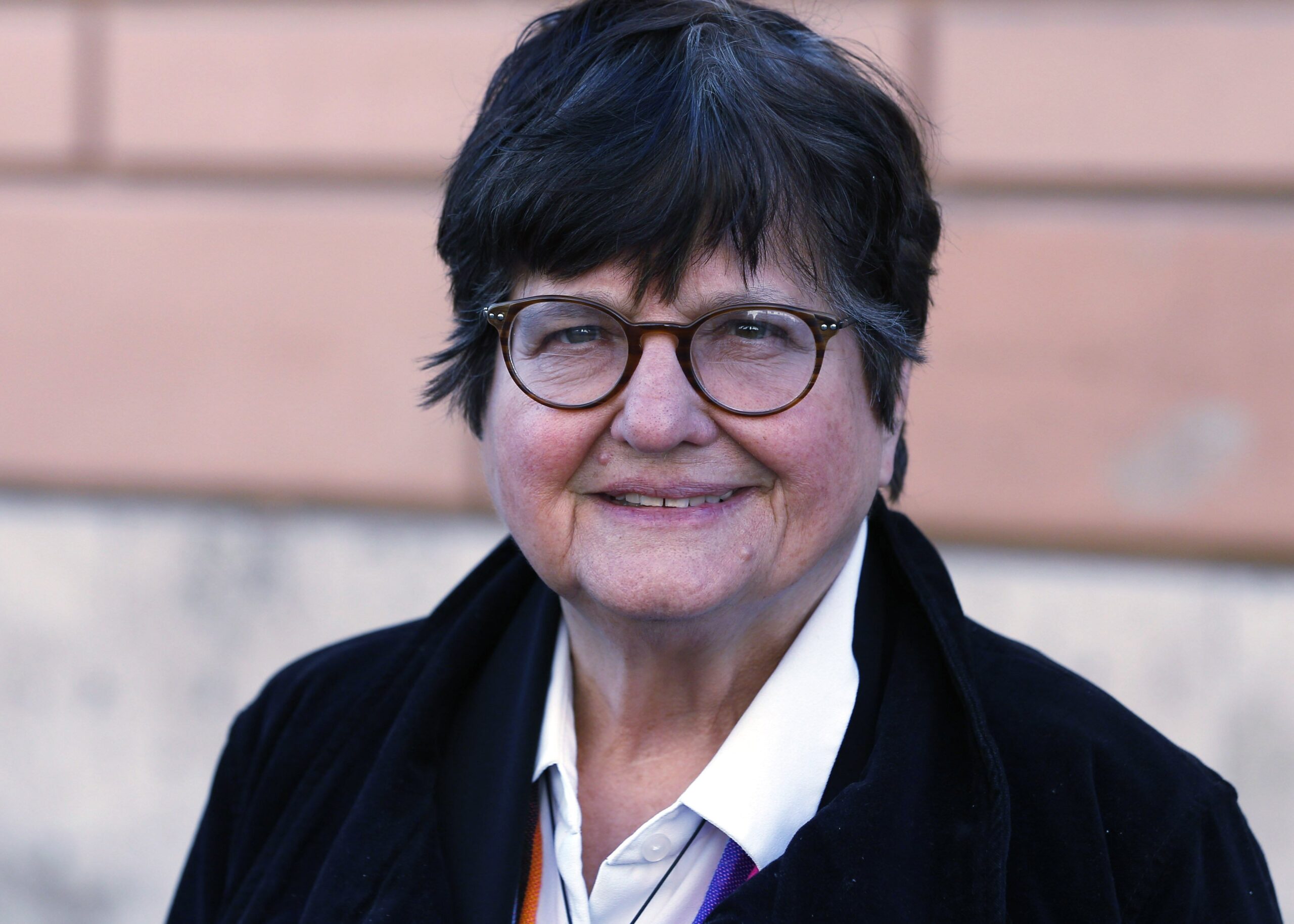
WASHINGTON — A group of faith leaders and Republican lawmakers at the Oklahoma Capitol May 4 called on Gov. Kevin Stitt to stop the upcoming execution of Richard Glossip scheduled for May 18.
Glossip, who has been in prison for more than 25 years and has had his execution called off several times, has gained public attention in recent months with faith leaders, lawmakers, and public figures like Kim Kardashian pleading his case.
After two different investigations questioned the validity of Glossip’s death sentence, Oklahoma’s attorney general argued that Glossip should receive clemency, saying his trial wasn’t fair and he deserves a new one.
But in late April, the state parole board voted not to recommend clemency for Glossip and since then his attorneys filed a motion in state district court asking a judge to prevent his execution until a clemency panel can review his case. They also have a pending petition before the U.S. Supreme Court seeking to halt Glossip’s execution.
The May 4 group at the Oklahoma capitol said they were seeking a 60-day stay of execution from the governor to give the state Court of Criminal Appeals time to rule on the claims of innocence and prosecutorial misconduct.
The people of Oklahoma need to be the ones to get to the governor “who has that power to grant a reprieve,” said Sister Helen Prejean, a Sister of St. Joseph and longtime advocate against the death penalty, during the press conference at the state Capitol.
She and the other faith leaders stressed that Glossip’s execution would be an injustice and an irreversible mistake.
“Elected officials who value the sanctity of life should use their power to stop Mr. Glossip’s execution,” said Rev. John-Mark Hart, a Baptist pastor of Christ Community Church in Oklahoma City, who noted that he was more accustomed to doing pastoral work than speaking at press conferences.
He said he felt he had to speak up because there are “serious doubts in this case, and killing an innocent man would be a moral travesty.”
“We are praying” that the governor “intervenes to save the life of Mr. Glossip,” said Demetrius Minor, national manager for Conservatives Concerned About the Death Penalty. “It would be unconscionable if the state executed an innocent man.”
Other Catholic leaders in attendance were Father Bryan Brooks, pastor of St. Benedict’s in Broken Arrow, Oklahoma, who has taken part in prayer vigils outside the state penitentiary, and Brett Farley, executive director of the Catholic Conference of Oklahoma, the public policy arm of the state’s bishops.
Sister Prejean told those present, and those watching by livestream, that eight years ago Glossip called her and asked if she would accompany him to his execution.
She said she agreed right away but she woke up that night feeling convinced she would have to look into his case because “he’s probably innocent” and she felt like she couldn’t “stand by and let this (execution) happen” without a fight.
“I call on all of you, people of Oklahoma, you’re not worthy of the death penalty,” she said, adding: “This is about us as people; we’re better than this.”
Glossip, a 60-year-old former motel manager, was convicted of the 1997 murder of his boss, Barry Alan Van Treese, at the Best Budget Inn in Oklahoma City.
Recent investigations into his case revealed a faulty police investigation and intentional destruction of evidence. The reports also drew attention to Justin Sneed, the motel handyman, serving a life sentence after pleading guilty to beating Van Treese to death with a baseball bat at the hotel.
Sneed originally testified that he killed Van Treese after Glossip, the motel manager, promised to pay him $10,000. The recent investigations said Sneed had asked several times about recanting his testimony.
Glossip’s attorneys claim Sneed killed Van Treese during a botched robbery for drug money and claim he framed Glossip to avoid getting the death penalty.
Krisanne Vaillancourt Murphy, executive director of Catholic Mobilizing Network, the national Catholic organization working to end the death penalty, told The Tablet in April that Glossip’s case “embodies so much of the brokenness within the death penalty system.” She also said it highlights the serious risk of wrongful conviction and the death penalty’s arbitrariness since Glossip’s co-defendant received a life sentence.
“Even setting aside the undeniable problems in Mr. Glossip’s case and Oklahoma’s death penalty system more broadly, we must not forget that capital punishment in all cases is a violation against the sanctity of life,” Vaillancourt Murphy said.
